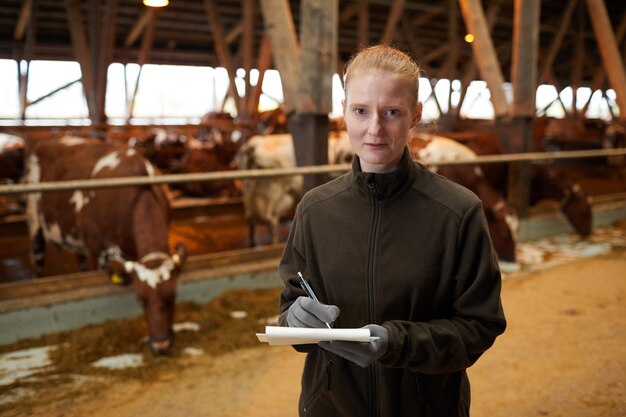How to Become an Animal Control Officer: Education, Certifications, and Licenses
Becoming an animal control officer offers a rewarding career for those passionate about animal welfare and public safety. This role involves enforcing animal-related laws, investigating cases of cruelty or neglect, and promoting awareness. While the foundational educational requirements can vary by region, aspiring animal control officers typically need a high school diploma or equivalent. However, pursuing additional education in fields such as animal science, criminal justice, or a related discipline can greatly enhance one's qualifications. Formal training through relevant certifications is highly recommended. Specialized programs and certifications such as those offered by the National Animal Care & Control Association (NACA) provide invaluable knowledge in animal handling, legal protocols, and public interaction. Licensure requirements can differ; some jurisdictions may require a state certification or license after completing a recognized course. By investing in the right education and training, you position yourself as a knowledgeable and competent candidate in the field of animal control.
Recommended Degrees, Certifications, and Licenses
-
🎓 Degrees:
- Animal Science
- Criminal Justice
- Veterinary Technology
-
📜 Certifications:
- National Animal Care & Control Association (NACA) Certification
- Certified Animal Control Officer (ACO)
-
🛡️ Licenses:
- State-Specific Animal Control Certification
- CPR and First Aid Certification for Animals
